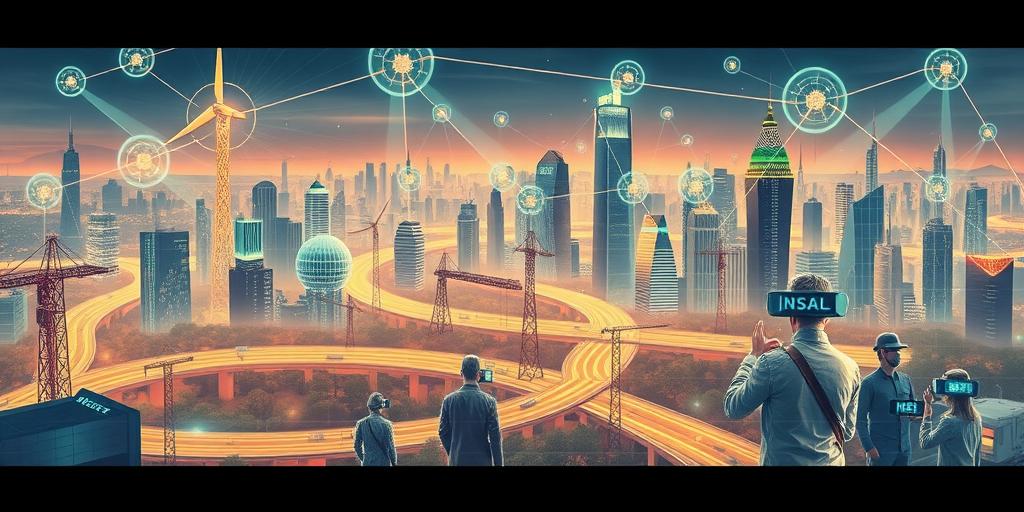The Long-Term Vision for Technological Advancement
Technological advancement is not just about the next gadget or software update; it's about a long-term vision that shapes our future. This vision encompasses how we live, work, interact, and even how we perceive ourselves. In this post, we'll explore the key elements of this long-term vision and the potential impact on society.
The Convergence of Technologies
One of the most significant trends is the convergence of various technologies. Artificial intelligence (AI), biotechnology, nanotechnology, and quantum computing are no longer isolated fields. They are increasingly interconnected, creating synergies that drive innovation at an exponential pace. For example, AI is enhancing drug discovery in biotechnology, while nanotechnology is improving the efficiency of solar panels.
Sustainable Development
Sustainability is a critical component of the long-term vision. As we advance technologically, we must ensure that our innovations are environmentally friendly and socially responsible. This includes developing renewable energy sources, creating sustainable materials, and implementing circular economy models. The goal is to minimize our impact on the planet and ensure a healthy future for generations to come.
Enhancing Human Capabilities
Technology has the potential to enhance human capabilities in unprecedented ways. From brain-computer interfaces that restore lost functions to personalized medicine tailored to our unique genetic makeup, the possibilities are vast. However, it's essential to address the ethical implications of these advancements and ensure equitable access to these technologies.
Transforming Industries
Every industry is being transformed by technology, from manufacturing to healthcare to education. Automation, robotics, and AI are increasing efficiency, reducing costs, and improving the quality of products and services. The key is to embrace these changes and prepare the workforce for the new skills and jobs that will emerge.
The Future of Work
The future of work is closely tied to technological advancement. As automation takes over routine tasks, humans will need to focus on creative, strategic, and interpersonal skills. This requires a shift in education and training to equip individuals with the skills needed to thrive in the new economy. Lifelong learning will become the norm as individuals adapt to rapidly changing job requirements.
Ethical Considerations
As technology becomes more integrated into our lives, ethical considerations become paramount. We need to address issues such as data privacy, algorithmic bias, and the potential for misuse of technology. Robust regulatory frameworks and ethical guidelines are essential to ensure that technology is used for the benefit of humanity.
The Role of Collaboration
Realizing the long-term vision for technological advancement requires collaboration across disciplines, sectors, and nations. Governments, businesses, academic institutions, and civil society organizations must work together to foster innovation, address challenges, and ensure that technology benefits all of humanity. Open-source platforms, shared data initiatives, and public-private partnerships are critical to accelerating progress.
Conclusion
The long-term vision for technological advancement is ambitious but achievable. By focusing on convergence, sustainability, human enhancement, industry transformation, ethical considerations, and collaboration, we can create a future where technology empowers individuals, strengthens communities, and protects our planet. It's a journey that requires foresight, leadership, and a commitment to the common good.









